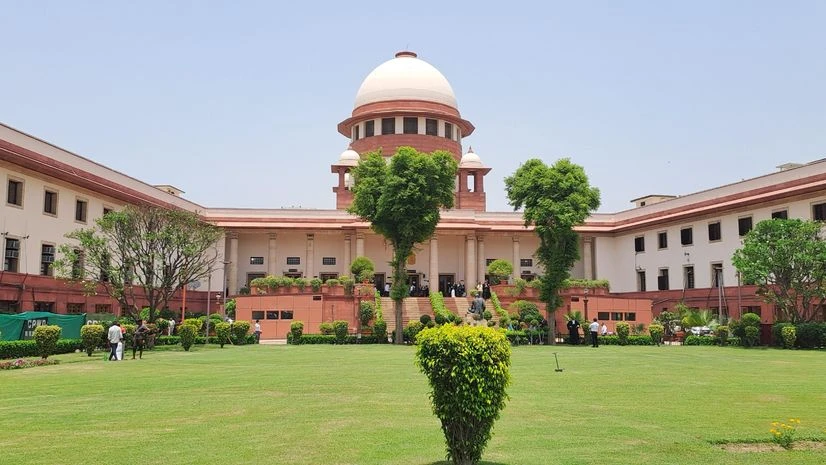The Supreme Court has drawn attention to the shortage of members in the National Company Law Tribunal (NCLT) and the National Company Law Appellate Tribunal (NCLAT), highlighting that these vacancies and inadequate infrastructure are hindering the insolvency resolution process. This issue was pointed out by an SC bench led by ex-CJI DY Chandrachud with Justices JB Pardiwala and Manoj Misra, during a recent hearing where the top court ordered the liquidation of the beleaguered airline, Jet Airways.
The NCLT currently has only 43 members in service, even though it is authorised to have 63.
In its statement, the Supreme Court pointed out that limited tribunal member numbers and inadequate support facilities have restricted tribunal operations, with many sessions only held for a few days per week or a limited number of hours each day. The shortfall has persisted despite repeated calls for improvement from various stakeholders in the business and legal sectors.
According to the Insolvency and Bankruptcy Board of India, the average time taken for insolvency resolutions increased to 716 days in the financial year 2023-24 from 654 days in 2022-23.
A report by The Financial Express cites legal experts who believe the Supreme Court’s remarks underline the urgent need for the Ministry of Corporate Affairs to address the staffing issues in these key institutions. The legal experts mentioned that if the NCLT had been operating at full capacity, Jet Airways might have had a chance at revival.
Despite a consultation paper released in 2023 proposing amendments to the Insolvency and Bankruptcy Code, no changes have been implemented yet. Key proposals — including a pre-packaged insolvency scheme for large companies, corporate insolvency processes tailored to individual projects, cross-border insolvency cases, and creditor-led resolution frameworks —remain under discussion, the report said. There are, however, indications that some of these amendments may be presented during the upcoming winter session of Parliament.
The delay in implementing proposals could be due to the need for additional examination or due to differing opinions among stakeholders. The lack of urgency in addressing these tribunal issues, however, has raised concerns about the effectiveness of insolvency proceedings in India, the report said.

)